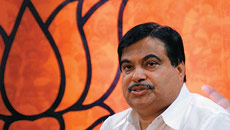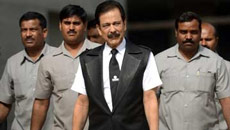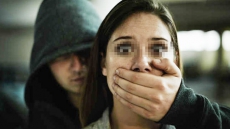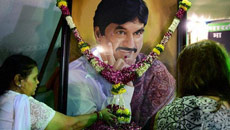Nearly a decade after it denied him a visa and blacklisted him, the US is practically preparing to roll out the red carpet for Prime Minister Narendra Modi who is set to hold a summit meeting with President Barack Obama in Washington in September-end this year.
According to official sources, Modi has expressed his keenness to give a push to the flagging Indo-US ties and has accepted Obama’s invite to visit Washington.
The US denied Modi a visa in 2005 over the Gujarat riots, in which over a 1,000 people, mostly Muslims were killed. Modi was Gujarat chief minister when the riots occured and the US State Department invoked a little-known US law passed in 1998 that makes foreign officials responsible for "severe violations of religious freedom" ineligible for visas.
After the swearing-in of Modi, who led the BJP to a spectacular victory in the general election, Obama in a message vowed to work closely together with the new Indian prime minister “for years to come”.
Obama was quick to acknowledge Modi’s “resounding” victory in the election and extended an invitation to him to visit Washington – effectively ending the visa ban on him.
Obama is believed to be keen to patch up the damage to Indo-US ties as fast as possible. His meeting with Modi will be the second within the span of a year with an Indian prime minister. He had met Manmohan Singh in September last year during the former prime minister’s visit to Washington enroute to the UN General Assembly.
The proposed June 8 visit of US Assistant Secretary of State Nisha Desai Biswal, the Obama administration’s point person for South and Central Asia, to New Delhi is an indication of the urgency with which the US is keen to mend ties with the Modi government.
Modi, whose move to reach out to South Asian neighbours during his swearing-in has been lauded, gave an indication of his foreign policy thoughts in interviews before coming to power. He had said that individual incidents should not be allowed to cloud bilateral relations – an apparent reference to the visa ban on him by the US.
Bilateral ties, which had seen a cooling off during the latter years of UPA-II, suffered a setback with the handcuffing and strip search of Indian diplomat Devyani Khobragade last year for alleged visa fraud and underpaying her nanny.
The policy paralysis of the previous United Progressive Alliance (UPA) government is seen to have crept into its bilateral ties as well, with little headway on many ticklish issues.
The US is keen to get started with implementation of the Indo-US civil nuclear deal, which is stuck over India’s civil nuclear liability laws. The US is also keen to increase its defence ties with India, a major market, and also keen to push trade with India from the current around $100 billion annually to $500 billion by 2015.
Indian Ambassador to the US S. Jaishankar, who is believed to be tipped for a bigger role in the Prime Minister’s Office, is also said to be flying down for consultations in South Block with regard to the upcoming Modi-Obama meet.




